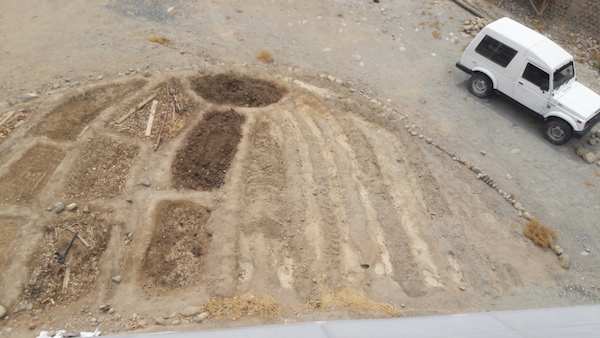




 2
2




trying to become an ecological farmer in Belgium.









 2
2





Works at a residential alternative high school in the Himalayas SECMOL.org . "Back home" is Cape Cod, E Coast USA.




Susan Wakeman said Uncomposted manure will leach nutrients - nitrogen will wash out for ex. Which is why legal restrictions are in place for the amount permissible per ha of field. Plus ammonium (?) gases out (the manure smell), so you lose N to the air. Hence the farmer's comment on composting it.
Invasive plants are Earth's way of insisting we notice her medicines. Stephen Herrod Buhner
Everyone learns what works by learning what doesn't work. Stephen Herrod Buhner
 1
1












 1
1









 2
2




zurcian braun wrote:Ooo also, Rebecca, do you know Jason and Kaitlyn? They're friends of mine who were shepherding in Ladakh.
Works at a residential alternative high school in the Himalayas SECMOL.org . "Back home" is Cape Cod, E Coast USA.





How Permies works: https://permies.com/wiki/34193/permies-works-links-threads
My projects on Skye: The tree field, Growing and landracing, perennial polycultures, "Don't dream it - be it! "

| I agree. Here's the link: http://stoves2.com |